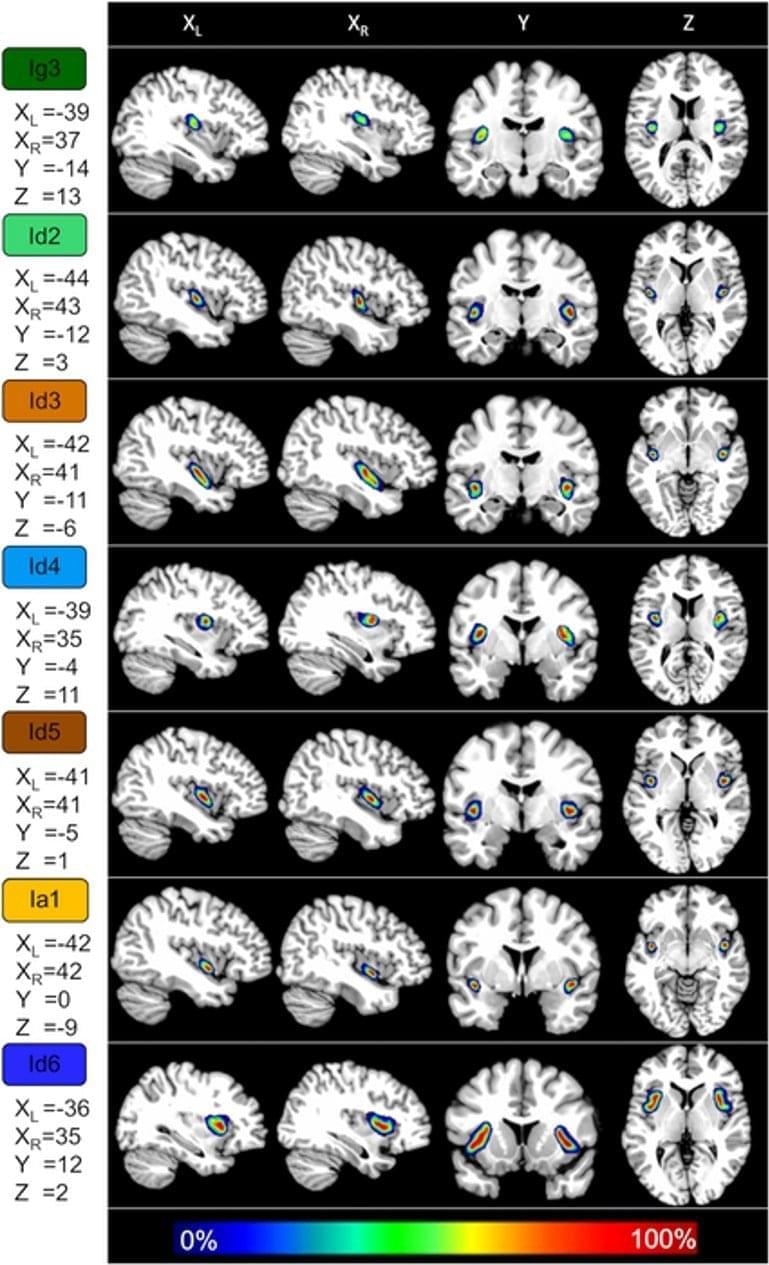This will be very useful in progressing the field of quantum computers and communication.
Researchers at the Max Planck Institute of Quantum Optics set a new record after achieving a quantum entanglement of 14 photons, the largest on record so far, an institutional press release said.
Quantum entanglement, famously described by Albery Einstein as “spooky action at a distance” is a phenomenon where particles become intertwined in such a way that they cease to exist individually, and changing the specific property of one results in an instant change of its partner, even if it is far away.
Physicists at the Max Planck Institute of Quantum Optics have managed to entangle more than a dozen photons efficiently and in a defined way. They are thus creating a basis for a new type of quantum computer.
Research
In order to effectively use a quantum computer, a larger number of specially prepared – in technical terms: entangled – basic building blocks are needed to carry out computational operations. A team of physicists at the Max Planck Institute of Quantum Optics in Garching has now for the very first time demonstrated this task with photons emitted by a single atom. Following a novel technique, the researchers generated up to 14 entangled photons in an optical resonator, which can be prepared into specific quantum physical states in a targeted and very efficient manner. The new method could facilitate the construction of powerful and robust quantum computers, and serve the secure transmission of data in the future.






